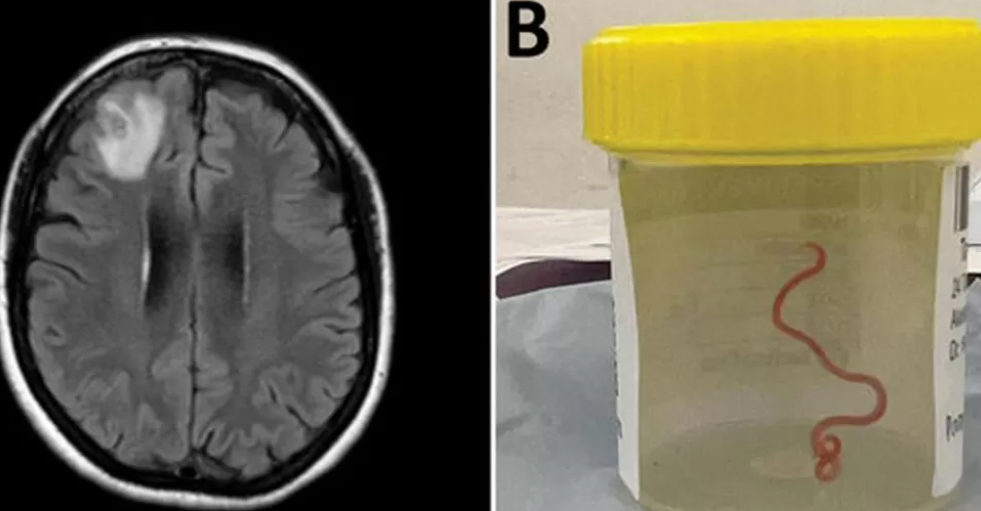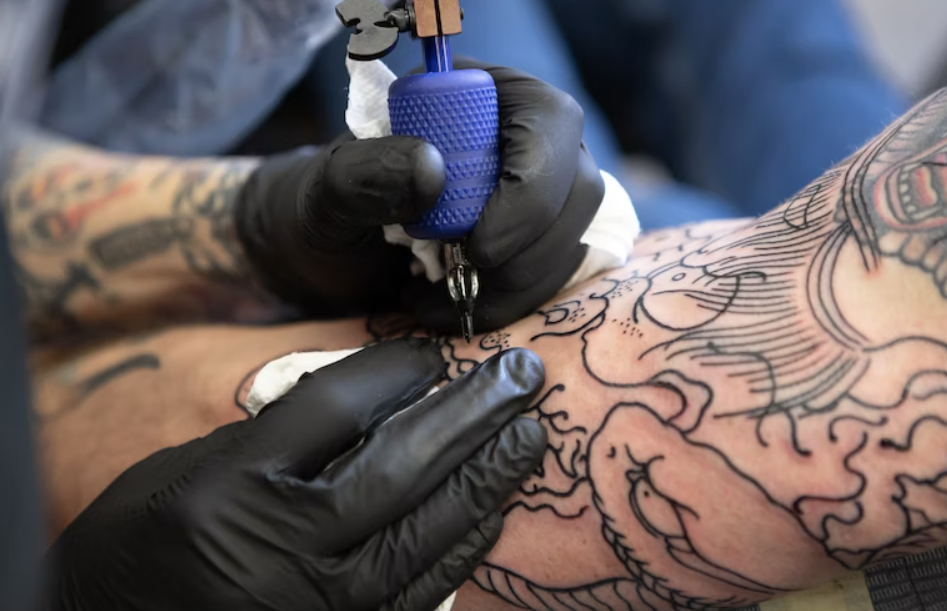What Is the Orange Peel Theory That TikTok Is Talking About?

© Karolina Grabowska / Pexels
What has TikTok not come up with yet? From ways to style your hair to even relationship advice, TikTok seems to have all of the answers you will ever need in your life. And this includes a new relationship theory that has been circulating online. So, are you ready to test out your partner and their love? Try out this orange peel theory that everyone is talking about! But first, what is this theory?
What Is the Orange Peel Theory?
Some women are reportedly using the “orange peel theory” to test their boyfriends. Failure to meet expectations can lead to a breakup. The theory gained attention after TikTok user Jenna went viral for sharing that her boyfriend gifted her a box of egg whites separated from yolks. The practice suggests that women may evaluate their partners based on seemingly trivial actions or gifts, with potential consequences for those who don’t pass the test.
The online trend known as the “orange peel theory” is circulating on social media, involving partners being tested on whether they perform small gestures without being asked, such as peeling an orange. Failing to meet these expectations may be considered a red flag, and some individuals have reportedly ended their relationships as a result of this evaluation.
How It All Started
The “orange peel theory” discussion began with a TikTok user named Jenna (@jennaskates), who shared how her boyfriend separated egg whites for her due to her long nails. This seemingly small yet thoughtful act ignited a significant debate about relationship expectations and what is considered acceptable.
How People Tried the Orange Peel Theory From TikTok
A woman decided to put the “orange peel theory” to the test with her boyfriend, inspired by a TikTok video. In this experiment, she asked him to tie her hair, a simple gesture that was highlighted in the theory as a measure of consideration. To her disappointment, he responded dismissively, questioning why she couldn’t do it herself. Despite attributing it to his tiredness after work, she couldn’t help but notice the inconsistency, especially since he had previously had long hair and knew how to tie it.
While initially hesitant to end the relationship over a TikTok trend, her frustration deepened later in the day. She asked him to put a towel in the dryer so she could have a warm towel after a shower, a request he ignored. This incident prompted her to reflect on the dynamics of their relationship, realizing the disparity in the efforts they put into making each other’s lives comfortable. The perceived lack of reciprocity made her reconsider the relationship, as she pondered the extent of her contributions to him and his daughter, despite the relationship not being biologically hers.
What Happened Afterwards?
Following the “orange peel theory” test, the woman reevaluated her relationship and ultimately decided to break up with her boyfriend. In a follow-up, she acknowledged that seeking advice from TikTok might have been immature but noted that the method made her realize the imbalance in their efforts. While acknowledging that the relationship wasn’t ending solely because of small gestures like the towel or hair incident, she expressed deeper concerns. She revealed dissatisfaction with being with a seemingly lazy partner who lacked motivation, didn’t contribute to parenting their child, and had limited life goals beyond living with his parents, playing video games, and drinking.

What People Had to Say
A TikTok user added their perspective on the “orange peel theory,” noting that some people misunderstand its purpose. They emphasized that the point is not to randomly demand trivial tasks but to see if a partner will perform small, reasonable tasks when asked. The key, they explained, is that the request should be within reason. The user clarified that the theory is about small acts of service between individuals who love each other, not about creating a dynamic of servitude. They gave examples, illustrating that they would willingly help if their partner needed assistance due to an injury or difficulty, highlighting the importance of context in these gestures.
Would you ever test this orange peel theory on your partner?
You might also want to read: Study Shows Whether Couples Agree With COVID Vaccination


